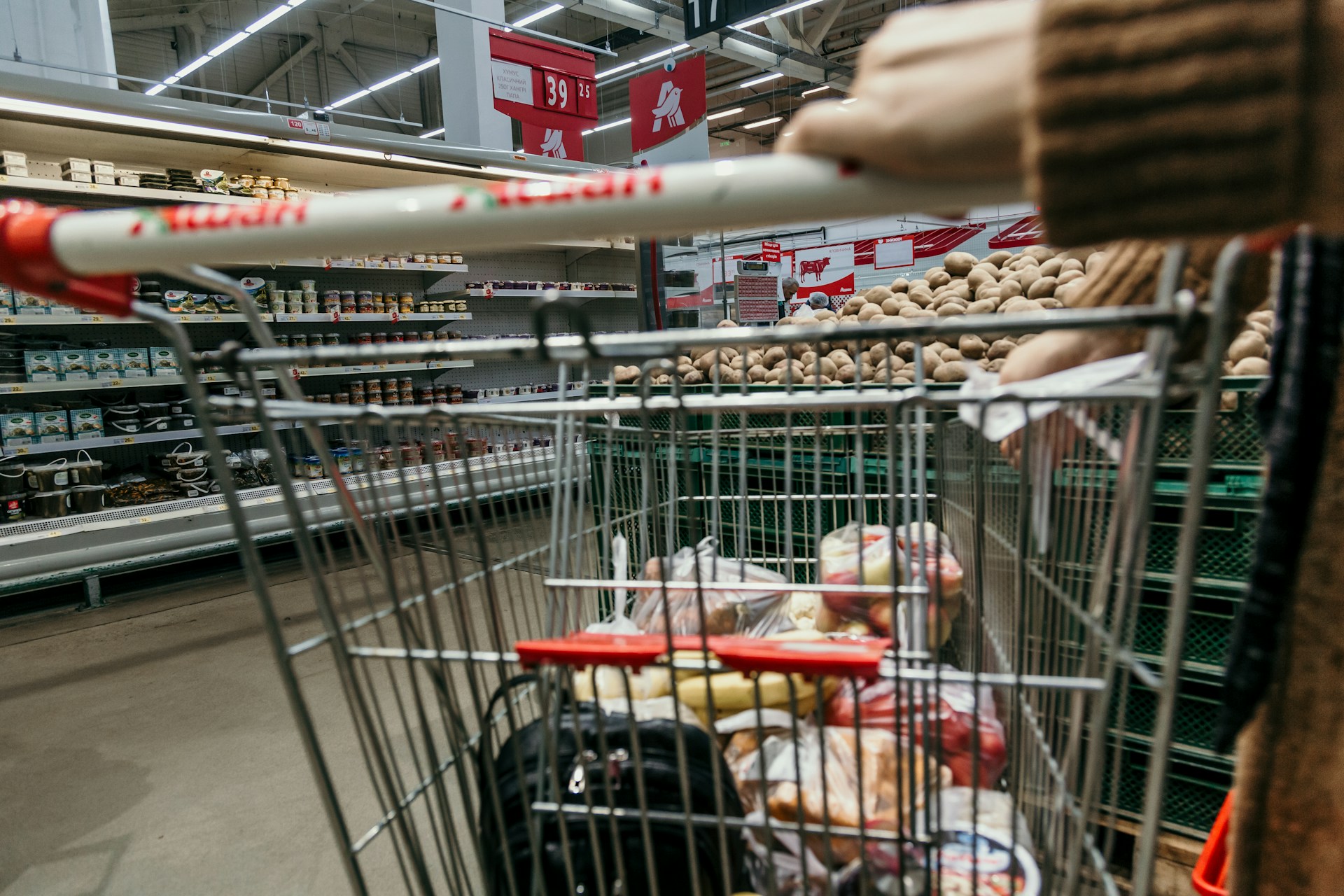
Grocery stores are changing. More workers are talking about unions. This matters to you, whether you shop for groceries or work in the industry. Unionizing can affect prices, service, and even the way stores treat their employees. It’s not just about pay. It’s about safety, schedules, and respect at work. Here’s what’s happening with grocery worker unions and why you should care.
1. Kroger
Kroger is one of the largest grocery chains in the U.S. Many of its workers are already part of unions, but more stores are seeing new union activity. Workers want better pay and safer working conditions. Some say they need more predictable schedules. If more Kroger stores unionize, you might see changes in how stores operate. This could mean better service, but it might also lead to higher prices if costs go up. The primary SEO keyword, “grocery worker unions,” is at the center of these changes.
2. Trader Joe’s
Trader Joe’s has a reputation for friendly staff and a unique shopping experience. But some workers say they want more say in decisions. In recent years, several Trader Joe’s locations have voted to form unions. Workers are asking for better health benefits and more control over their schedules. If you shop at Trader Joe’s, you might notice changes in staffing or store policies as a result of these union efforts.
3. Starbucks (Grocery Division)
Starbucks is known for coffee, but it also runs in-store cafes in many grocery stores. Workers in these locations are joining the push for unionization among grocery workers. They want better pay and more predictable hours. This movement is spreading to other in-store cafes and food counters. If you grab a coffee while shopping, you might see new signs or hear about union meetings.
4. Safeway
Safeway is another big name where union activity is growing. Many Safeway workers are already union members, but new stores are joining the movement. Workers are focused on health care, retirement plans, and job security. If more Safeway stores unionize, it could mean more stable jobs for workers. For shoppers, it might mean better service, but also possible price changes.
5. Whole Foods
Whole Foods, owned by Amazon, has seen a rise in union talk. Workers say they want a stronger voice in workplace safety and pay. Some stores have started organizing meetings to discuss forming grocery worker unions. If these efforts succeed, you might see changes in how Whole Foods handles staffing and customer service. This could also influence other Amazon-owned businesses.
6. Albertsons
Albertsons is one of the largest grocery chains in the country. Many of its stores are unionized, but new locations are joining the trend. Workers are asking for better pay, safer workplaces, and more predictable hours. If you shop at Albertsons, you might notice changes in how employees interact with customers. Union contracts can lead to more training and better working conditions.
7. Wegmans
Wegmans is known for treating employees well, but even here, some workers are talking about unions. They want to make sure good policies stay in place and improve where needed. Unionizing at Wegmans could set an example for other grocery chains. If you’re a Wegmans shopper, you might see more communication between workers and management.
8. Walmart Neighborhood Market
Walmart has long resisted unions, but its Neighborhood Market stores are seeing new interest in grocery worker unions. Workers want better pay and more respect on the job. If union efforts succeed, it could change how Walmart treats its grocery employees. This might lead to better service, but also changes in store policies.
9. Regional Co-ops
Smaller, regional grocery co-ops are also seeing union activity. Workers at these stores often want more say in how the business is run. Unionizing can help them negotiate for better pay and benefits. If you shop at a co-op, you might notice more transparency and communication about store policies.
What Unionizing Means for Shoppers and Workers
Grocery worker unions are changing the industry. For workers, unions can mean better pay, safer workplaces, and more predictable schedules. For shoppers, this can lead to better service and more knowledgeable staff. But it can also mean higher prices if stores pass on increased costs. The push for grocery worker unions is about fairness and respect. It’s about making sure workers have a voice. And it’s about creating a better shopping experience for everyone.
Union activity in grocery stores is growing. As more stores unionize, both workers and shoppers will see changes. Some will be positive, like better service and safer stores. Others might be challenging, like price increases or changes in store hours. The future of grocery worker unions will shape how we all shop and work.
Have you noticed changes at your local grocery store? Share your thoughts or experiences in the comments.
Read More
How Do Kroger Gas Points Work?
10 Reasons Why ALDI’s Is the Best Grocery Store Ever
The post 9 Places Where Grocery Workers Are Unionizing (And What It Could Mean) appeared first on Grocery Coupon Guide.







